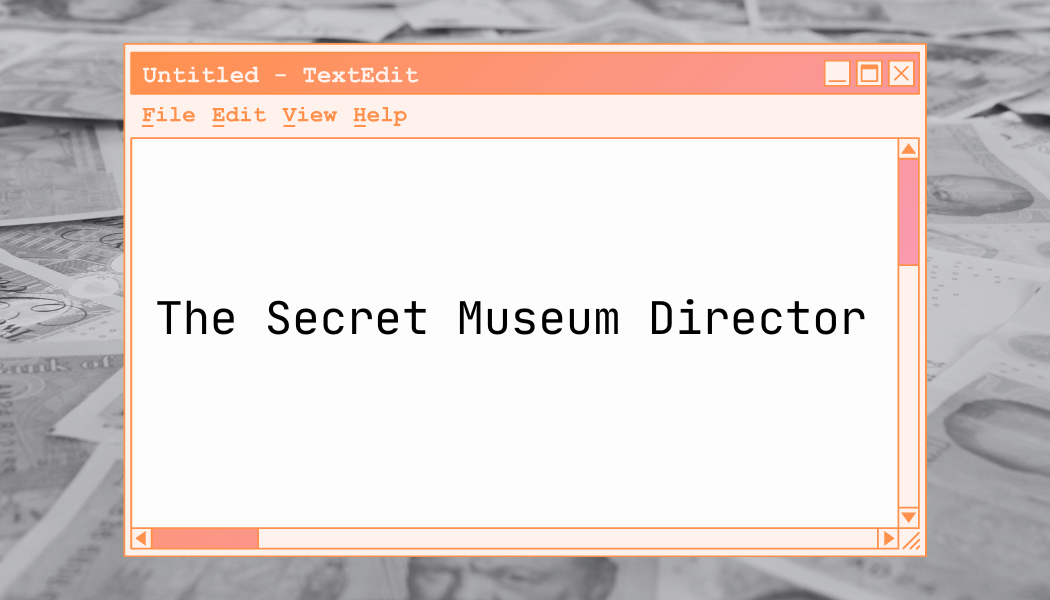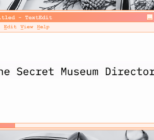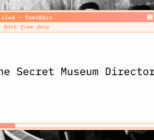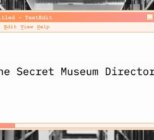Still reeling in outrage from this job advert, I also saw an advert for a Volunteer Museum Manager. The trustees at the museum in question were looking for someone to work almost a full-time week, to strategically manage and operate the site, taking on all the diverse responsibilities required to make running a museum a success, and bringing all the relevant skills – all for absolutely nothing.
Don’t even get me started on the freelance curator post I saw earlier this week, which offered £5,000 including all taxes and expenses for 18 months of potentially high profile and certainly intense work.
Now, I do understand that the last four years have been tumultuous and have hit everyone hard. In many ways this winter and coming spring have the potential to be the hardest yet, as the Covid and energy crises funding has evaporated, and there are increasing expectations that we should be ‘back to normal.’ All of this against the background of a global socio-economic and political climate that is becoming more unstable and traumatic by the day.
How, with everything that is going on in the world, can we possibly continue with business as usual? And why, when retrenchment must happen, is it always our staff that have to take the hit?
We are approaching a real crisis in the sector, with wages not just stalling, but practically freefalling into an abyss of inequality with those outside of the museums and heritage world.
No one is immune from this, and it is those organisations that we expect to be leaders in the industry that are instead leading the race to the bottom: National Trust and the big London institutions I am looking at you, with a fierce and accusatory stare. Why do they feel that they are able to pay such appallingly low wages? Wages that in 2024 represent a real-terms reduction of 30% against a decade ago.
'Working conditions aren’t great? Want a pay rise? Ha! We can fill your job ten times over tomorrow. Or, get a volunteer to do it.'
The arrogant answer, trotted out all too often, is that the prestige of working for a big name or being allowed beyond the ropes for hands-on-interaction with the past is reward enough. “Oh, what a wonderful job that must be…”
Without a doubt, jobs in the sector used to be in high demand, with a flood of applications from the dramatically over-qualified to the desperate-to-get-a-foot-in-the-door. This has given hiring managers and boards a misplaced confidence in the employment market, and it too often results in a toxic workplace culture. Working conditions aren’t great? Want a pay rise? Ha! We can fill your job ten times over tomorrow. Or, get a volunteer to do it.
The result is a vicious brew of job insecurity, stress, and wages that are artificially suppressed against the wider job market.
I am privileged to work in a beautiful place, and I strongly suspect that I enjoy my job considerably more than a stockbroker who earns ten times my salary. But the point remains that both I and my team have subject specialist skills that are worth supporting and investing in.
Museums, as I have said before, are nothing without their people. I think we have to remember that sometimes charity begins at home and we need to look after our own, to build teams that are resilient, that know they are valued and appreciated, and that have the confidence, both in themselves and the organisation. Only then will we have the stable foundations that we need to ride out current crises and look to the future.











